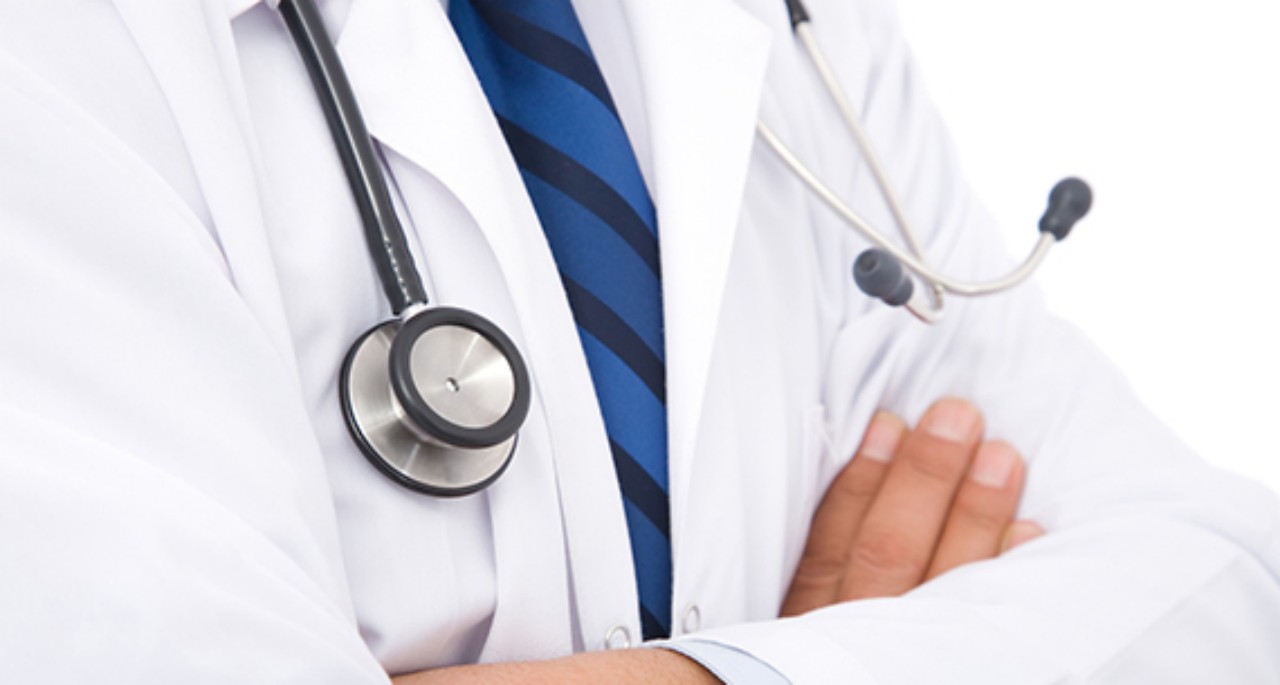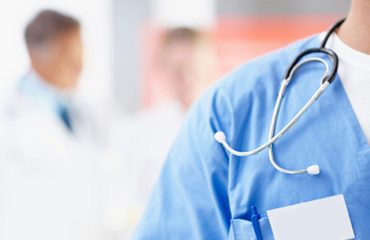Testosterone in post-menopausal women, combined with oestrogen, is an important way of increasing vaginal epithelium thickness, which declines in the post-menopause and can often cause pain during sexual intercourse as well as bladder problems, such as stress incontinence, frequency and nocturia (getting up at night to urinate).
Female androgen deficiency and hypo sexual desire disorders have been well documented in the literature since 1992 when Dr Helen Singer Kaplan, M.D.Ph.D. first published her paper on the benefits of testosterone replacement in women. This particularly concerns women who have had total hysterectomies, removal of the ovaries, or chemotherapy for breast cancer. There are many causes of loss of sexual desire and many different treatments for women with low testosterone levels
Oestrogen replacement in the combined oral contraceptive pill and HRT increases Sex Hormone Binding Globulin, which in turn reduces free testosterone levels. Transdermal oestrogen replacement only reduces SHBG by 12% as opposed to oral oestrogen, which causes 45% increase in SHBG and 100% increase in conjugated oestrogen, all the above reduce free testosterone levels.
The adrenal gland and ovaries each produce about 25% of total testosterone the remaining 50% arises from the peripheral conversion of androstendione to testosterone. Androstendione is derived from DHEA, therefore supplementation with DHEA can also increase testosterone in post-menopausal women.
Vaginal testosterone helps with arousal, enhancing lubrication and clitoral sensation therefore stimulating a heightened sexual desire. When
Professor Susan Davies, an eminent Endocrinologist from Australia, presented at the British Menopause conference in 2013 she stated that the correct dose of Testosterone given to women in the post-menopause was most important in the physiology of the post-menopausal vagina, increasing the epithelial thickness.
Testosterone also increases bone mass in the spine and hip and is also beneficial to coronary artery health as is oestrogen. Most importantly testosterone has a positive influence on cognitive function and verbal learning.
As with all hormones it is important to keep testosterone within normal physiological levels and regular testing is therefore a requirement for patients on this regime.
 Ελληνικα
Ελληνικα  English
English 



